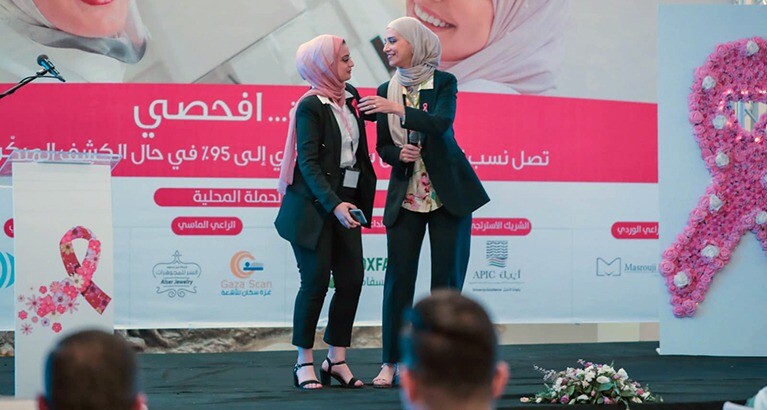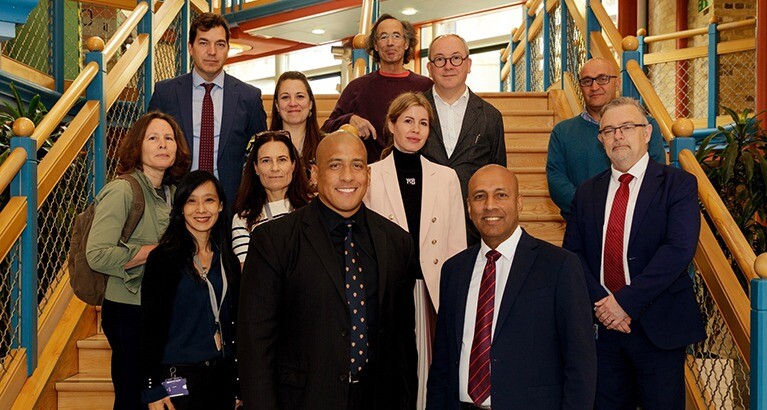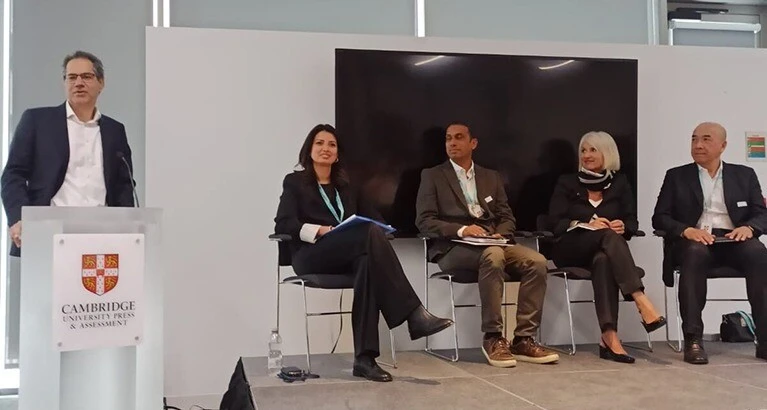Shifting philanthropic trends: from restricted to flexible funding
Philanthropy has most often been driven by the priorities and concerns of donors in the Global North. However, researchers from Cambridge Judge Business School have demonstrated through a number of recent case studies and research reports that trends toward flexible funding and greater trust in local partners have been rising, particularly in the aftermath of the COVID-19 pandemic. Large philanthropic organisations like Oxfam GB have decreased the proportion of restricted funding in order to prioritise giving in a more unrestricted manner.
This latest case study, written by Dr Katy Steward, a former Visiting Research Fellow at Cambridge Judge Business School, reveals changes in processes and governance that put pressure on Oxfam GB to change its culture around restricted funding for local partners. Oxfam’s Women’s Rights Fund (WRF), now worth nearly £1.5 million, shows how philanthropic capital has shaken up Oxfam’s collaborations with partners and nudged the philanthropic ecosystem so local organisations can pool resources on the ground and build resilience.
Examining Oxfam’s cultural shift
This case study examines the recent changes in Oxfam GB’s operations, and asks how a philanthropic model can be fairer to everyone involved, including the donors, intermediaries and local partners.
Radical lasting change will only happen if we give as much weight to how we work as what we do. That means working in partnership with local communities and organisations, truly valuing their skills and expertise. It means shifting our spending and influencing power to the global South as we stand together with civil society movements and communities driving their own change.
The role of women’s rights organisations in addressing global challenges
Based on an action research approach, including extensive discussions with local partners from the Occupied Palestinian Territories (prior to October 2023) and Kenya, observations of the Oxfam GB Board and interviews with senior Oxfam personnel, this case study explores the origins of the Women’s Rights Fund, its implementation in 2020 and its growth to date. It focuses specifically on funding for women’s rights acknowledging the vital leadership role played by Women’s Rights Organisations in response to local health, climate, democratic emergencies. This study notes that currently only 0.3% of Overseas Development Assistance (ODA) supports ending violence against women and girls, and this is further decreasing. The case also raises issues of expanding the Fund given the need for drastic, sustained systems change.
We are delighted to show how one INGO (international non-governmental organisation), Oxfam GB, examined its purpose, culture and governance to change the way it worked with partners from 2020 onward. It is particularly hard to read the testimonies of those now caught up in a humanitarian disasters, we know that the flexible funding approach is serving the purpose of building resilience. This case serves as an example of how large organisations change their culture, a lesson that we hope serves as a learning opportunity for others in this sector.
The case study
Oxfam’s colonial history – an intractable imbalance of power? Culture and leadership for real change
This case was authored by Dr Katy Steward and edited by Dr Shonali Banerjee, both Visiting Research Fellows at Cambridge Judge Business School.
Photo credit: Ein Media
Related content
Woodcraft, C., Munir, K., Mohan Khemka, N. (eds.) (2024) Reimagining philanthropy in the Global South: from analysis to action in a post-COVID world. Cambridge University Press






